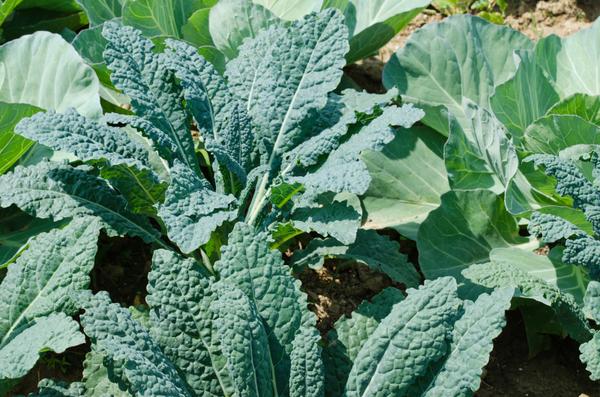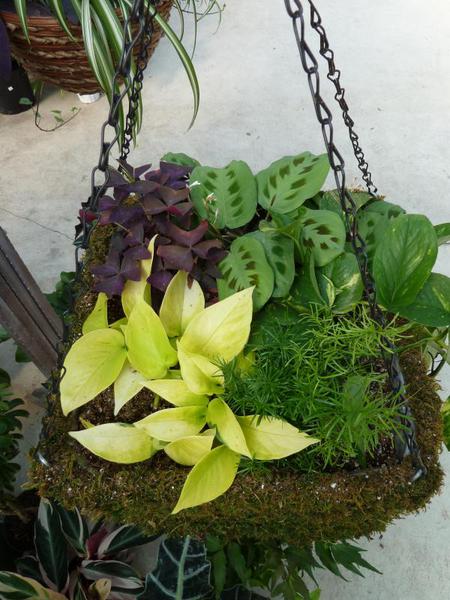
Preschool Gardening Activity Guide
Hot off the Press . . . Gardening Activity Guide by the NC State Natural Learning Initiative Designed for preschool teachers, parents, …



El inglés es el idioma de control de esta página. En la medida en que haya algún conflicto entre la traducción al inglés y la traducción, el inglés prevalece.
Al hacer clic en el enlace de traducción se activa un servicio de traducción gratuito para convertir la página al español. Al igual que con cualquier traducción por Internet, la conversión no es sensible al contexto y puede que no traduzca el texto en su significado original. NC State Extension no garantiza la exactitud del texto traducido. Por favor, tenga en cuenta que algunas aplicaciones y/o servicios pueden no funcionar como se espera cuando se traducen.
Inglês é o idioma de controle desta página. Na medida que haja algum conflito entre o texto original em Inglês e a tradução, o Inglês prevalece.
Ao clicar no link de tradução, um serviço gratuito de tradução será ativado para converter a página para o Português. Como em qualquer tradução pela internet, a conversão não é sensivel ao contexto e pode não ocorrer a tradução para o significado orginal. O serviço de Extensão da Carolina do Norte (NC State Extension) não garante a exatidão do texto traduzido. Por favor, observe que algumas funções ou serviços podem não funcionar como esperado após a tradução.
English is the controlling language of this page. To the extent there is any conflict between the English text and the translation, English controls.
Clicking on the translation link activates a free translation service to convert the page to Spanish. As with any Internet translation, the conversion is not context-sensitive and may not translate the text to its original meaning. NC State Extension does not guarantee the accuracy of the translated text. Please note that some applications and/or services may not function as expected when translated.
Collapse ▲
Hot off the Press . . . Gardening Activity Guide by the NC State Natural Learning Initiative Designed for preschool teachers, parents, …

Soil testing is the foundation for growing your plants and lawns as stress-free as possible! Soil testing not only …

As part of the Coronavirus Farm Assistance Program, the U.S. Department of Agriculture (USDA) announced that it will provide up …

Soil Amendments for the Home Garden: Cover Crops We all know that healthy garden plants start with healthy soil. There …

Lots of homeowners have been expressing concern over the appearance of various warm-season turfgrasses this spring. Bermudagrass, centipedegrass, zoysiagrass, …

A new factsheet was released to the Extension Content Database on bermudagrass mites. Bermudagrass mites are tiny, worm-like arachnids present …

The clear skies and calm winds predicted for this weekend will likely lead to freeze or frost conditions in …

The outbreak of COVID-19 is undoubtedly stressful for everyone in our community – from residents to businesses alike. Fear …

Fun, 6-week, online, asynchronous, non-credit courses for gardeners. Learn to describe and identify plants widely used throughout the world! NC …

The ground pearl is a subterranean scale insect that infests the roots of turfgrasses and is of major concern …

Impairment of root function by soilborne plant pathogens, particularly Pythium species, is a significant problem that leads to the …

Wouldn’t it be great if there was a way to monitor insect activity and weather data on your site …

Several species of vetch (Vicia spp.) are common in landscape plantings and are most noticeable in the spring when …
COVID-19 Daily Farmers Update Prepared by Mark Hoffmann (Small Fruits Extension Specialist) and Xiaonan Shi (MS Student, Department of Horticulture) 3/21/2020: As …

Flea beetles are a voracious group of early-season pest we battle in vegetable gardens. There are several species of …
This publication covers insect control in a variety of crops, as well as household pests.
This manual, updated every year, covers pesticide use and safety information, chemical application equipment, fertilizer …

You can attract the many butterflies found throughout North Carolina to your backyard by following …
This publication describes restricted-use pesticides, the safe use of pesticides and evaluating the potential for …

This series of publications provides information about how to grow, harvest, and prepare a variety …

This Plants Grown in Containers chapter from the Extension Gardener Handbook teaches gardeners about selecting …

North Carolina’s climate and soils are well suited to grow many types tree fruits. This …
This annual guide supplies information concerning pesticides that can be used for controlling pests in …